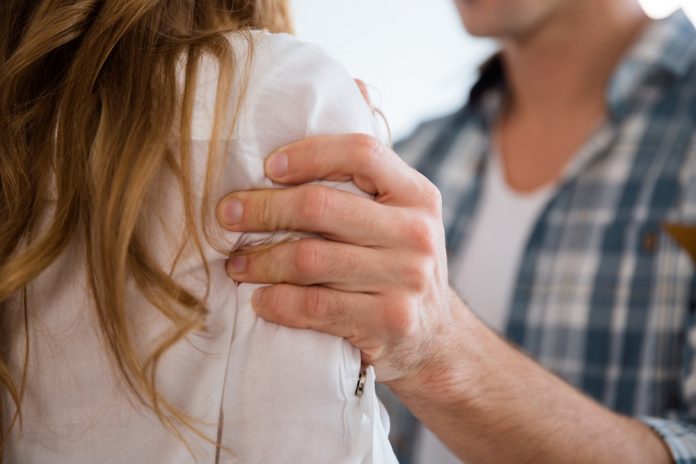devastating study involving 45 women who accused their partners of domestic abuse has highlighted serious health problems they have suffered as a result, they say, of biased family court proceedings.
While the study is qualitative and self-reported and so not generalisable to the wider population, the women’s experiences now indicate a need for further research.
Led by University of Manchester researchers in partnership with members of SHERA Research Group and The Survivor Family Network, the UKRI funded study of the women and their 77 children will be published in the journal of family trauma, child custody and child development in the coming weeks.
The women told the researchers they attributed psychological conditions including suicide ideation, memory loss, depression and flash backs on what they were going through in court.
They also said physical symptoms such as Crohn’s Disease , cancer, psoriasis, heart palpitations and miscarriage were either exacerbated by or directly associated with the court proceedings.
One respondent told how her mother had a heart attack in court and another how she lost her father to a heart attack also while proceedings were ongoing.
And a respondent told the research team how an acquaintance of hers had killed herself during court proceedings involving allegations of so-called ’parental alienation’.
According to the researchers, 39 of the women accusing their former partners of abuse were counter accused of a spurious legal argument called parental alienation (PA)
PA was used, argue the team, as a way to deny the abuse and grant access or even residency of their children to the abusive parents.
The remaining six women who were not accused said they were either threatened with PA or mischaracterised as medically or psychologically abnormal.
PA, a belief system universally rejected by Governments, the World Health Organization and other mainstream organisations, supposedly denotes psychological manipulation of a child to turn against his or her parent.
But research shows false allegations are rare and that it is extremely difficult to make a child make false allegations of child sexual abuse.
Though women who have suffered abuse are already highly vulnerable, lead researcher, Dr Elizabeth Dalgarno says the courts tend to side with the male perpetrators by accepting PA.
The tendency for the courts to side with men, says Dr Dalgarno, can be explained by lack of training for judges and court professionals around coercive control and domestic abuse and many believe, a culture of misogyny and woman and victim-blaming which is prevalent in society.
Dr Dalgarno, who is a lecturer in public health at The University of Manchester and the Founder and Chair of SHERA Research Group said: “This is the first study to link family court proceedings with suicide ideation, suicide and mental and physical health problems in women who have been subjected to domestic abuse perpetrator behaviours.
“We believe that these conditions should be examined at scale in clinical research under the umbrella term that we have coined as Court and Perpetrator Induced Trauma (CPIT).
“The women we spoke to in our study provide a graphic depiction of the costs of parental alienation allegations – a pseudoscientific belief system designed to control women and deny abuse – to their psychological and physical health.
“The women are already traumatised, so it’s not hard to imagine the impact of dealing with court proceedings which threaten to restore an abusive parent’s access to their children because the courts don’t believe them.
Dr Dalgarno added: “Most abusers are not convicted most women don’t even report to the police- this study is an important milestone in highlighting this problem.
“Though we can’t generalise from this qualitative study, the findings acknowledge the structural disadvantage and intrinsic societal misogyny faced by women, providing transferable insights into the wider population of mothers.
“The system is loaded against abused women. Courts are often unsympathetic to them and the men’s rights group families need fathers conference was recently attended by the Family Court president and CAFCASS representatives, but these organisations appear much less involved with mother-supporting groups like Women’s Aid.
“It is known that around 49% to 62%of the 55,000 private family court cases each year involve domestic abuse.
“That is why we urgently need to know if these dreadful health impacts constitute a public health emergency – and that will require further research.”







